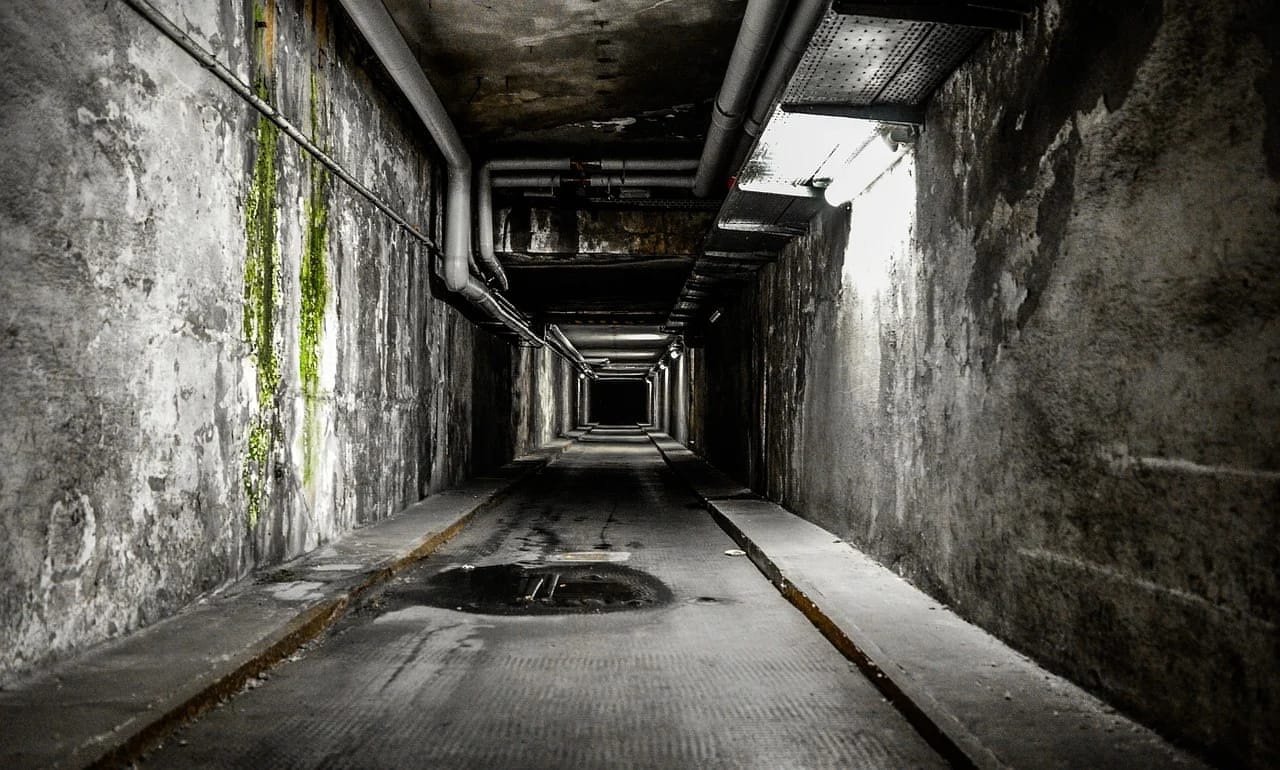Female transgressions
Emília Freitas and the transgression of reality through fantastic narrative
Abstract
In this article, the novel A Rainha do Ignoto by Emília Freitas (1855-1908), originally published in 1899, was reissued in 1980 and 2003. The writer from Ceará was an active participant in the literate medium of her time and published prose texts, poems and articles in newspapers and periodicals, as well as a play. In his work, traces of autobiography and social criticisms permeate black and indigenous slavery, domestic life in Ceará and covert political criticisms. The work to be analyzed is considered the first fantastic-looking novel in national literature, and its rescue is important for the historiographic review of this genre in Brazil. We seek to develop analysis with the objective of understanding the fantastic elements of the work, carefully on the issue of transgression of reality through fantastic narrative. Since the fantastic literary genre can be characterized by the destabilization of reality, verisimilar to extratextual reality, from a supernatural element, generating a doubt about its existence, which intensifies effects such as fear, anguish, terror. The conception of David Roas (2014) is used, which defines the fantastic as an aesthetic category, whose aim is to question the limits and validity of the way in which the real is perceived.







